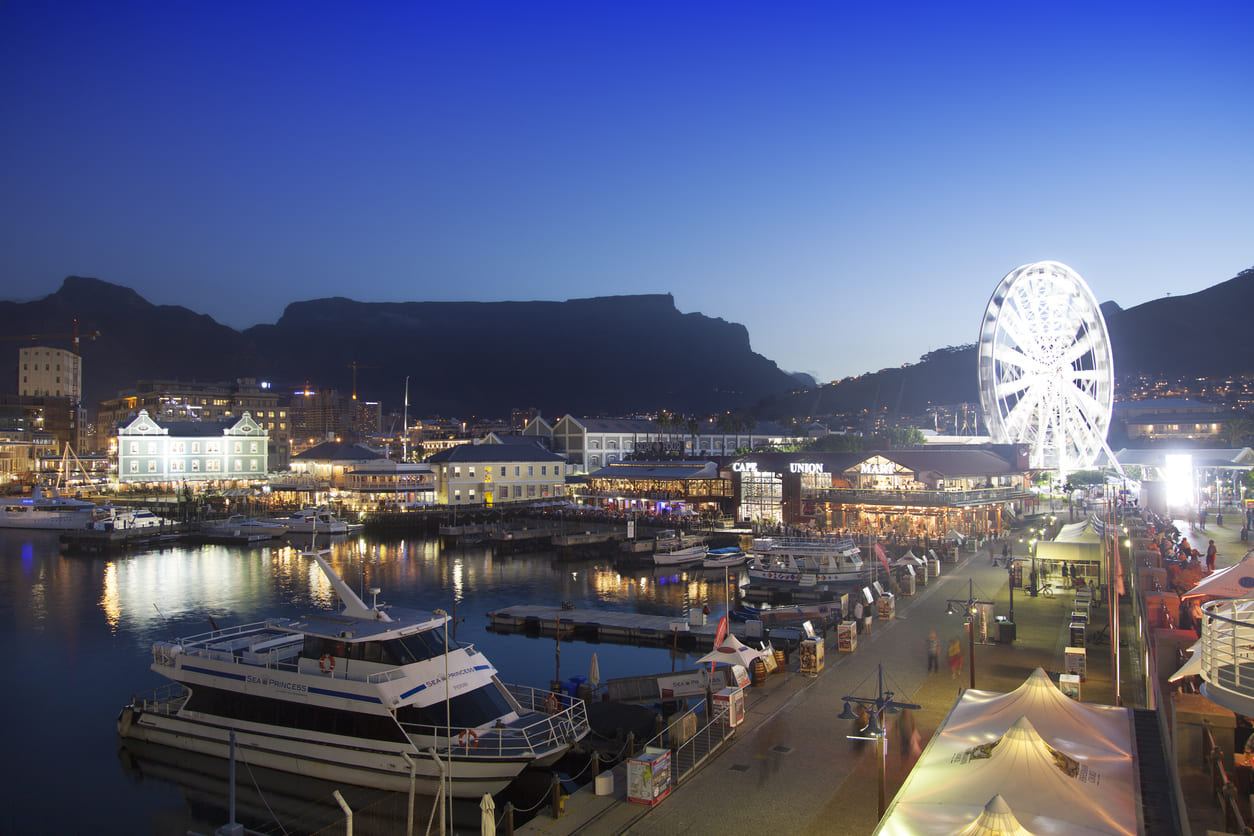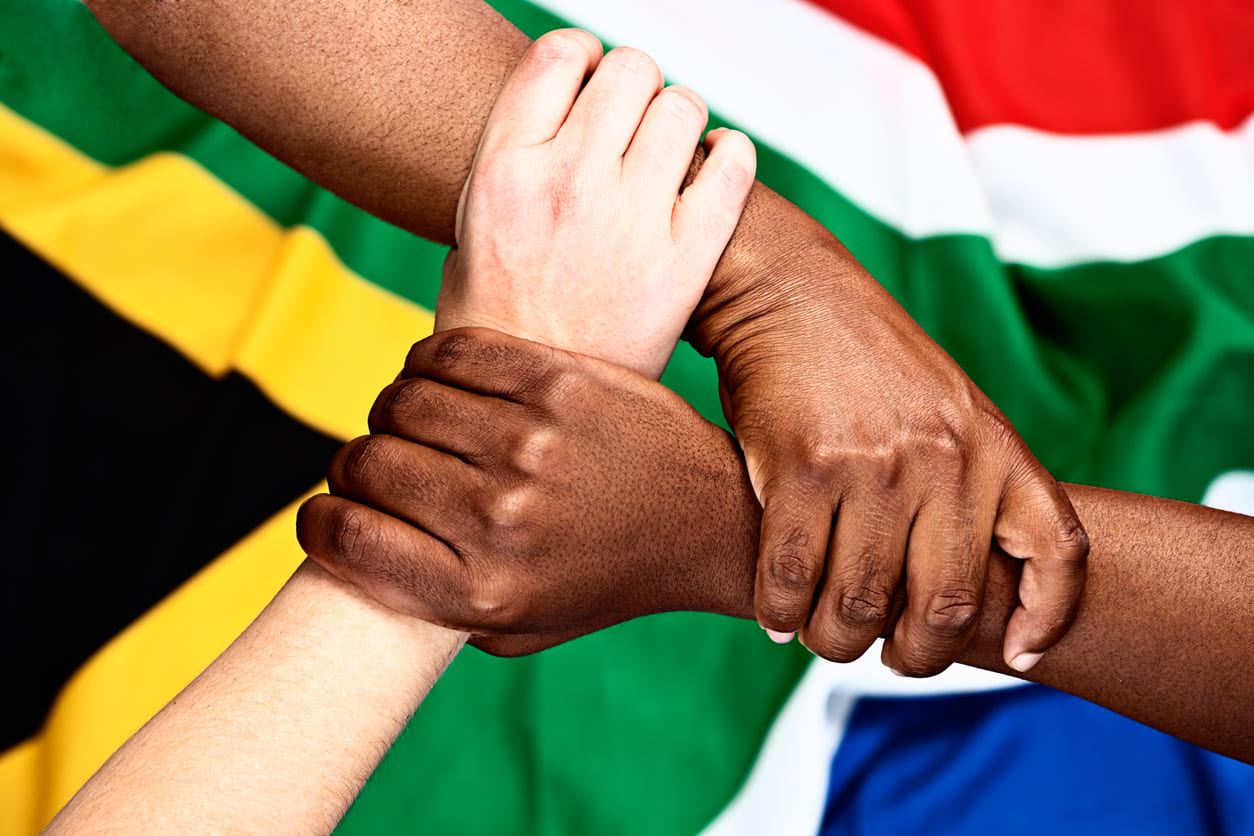Dates of Day of Reconciliation in South Africa
| 2026 | Dec 16 |
| 2025 | Dec 16 |
| 2024 | Dec 16 |
South Africa Holiday Calendars
Day of Reconciliation is observed on December 16 to promote unity and healing among South Africans after decades of racial division. The date reflects both the 1838 Battle of Blood River and the 1961 formation of Umkhonto we Sizwe, symbolizing the country's journey from conflict to reconciliation.
Day of Reconciliation: A Public Holiday?
The Day of Reconciliation is a public holiday in South Africa that promotes national unity and healing by recognizing the country's divided past and encouraging a shared future. Most businesses, offices, and schools are closed as people take part in commemorative events or spend time with family.

Day of Reconciliation
Day of Reconciliation is observed on December 16 each year and was officially declared a public holiday in 1995 by the first democratic government of South Africa. The aim was to promote national unity and healing after decades of racial division under apartheid. The date holds different historical significance for different groups, which made it a powerful choice for reconciliation.
For Afrikaners, December 16 marks the Day of the Vow, a commemoration of the 1838 Battle of Blood River. For black South Africans, the same day in 1961 marks the founding of Umkhonto we Sizwe, the armed wing of the African National Congress. By choosing this shared date, the government aimed to recognize the struggles and histories of all people in South Africa, turning a day of past division into one that encourages peace, unity, and understanding across communities.
Observance of the Day of Reconciliation in South Africa
Day of Reconciliation is observed through a variety of events that highlight unity and reflection. The national government often hosts official ceremonies that include speeches, cultural performances, and wreath-laying at historical sites. These events are held in different provinces each year and are attended by community leaders and government officials. The ceremonies acknowledge South Africa's painful history and celebrate the progress made since the end of apartheid.
Communities also organize their own local activities, including heritage walks, panel discussions, art exhibitions, and concerts. Schools may host programs in the days leading up to December 16 to educate learners about the historical significance of the date and its message of reconciliation. Some people use the public holiday to visit museums or memorials, while others spend the day with family, using it as a time to reflect and connect.
The importance of the Day of Reconciliation lies in its ability to bring people together through shared reflection and understanding. It acknowledges the country's past conflicts while encouraging hope and unity in the present. The holiday serves as a reminder that reconciliation is not a single act, but a continuous process that requires open dialogue and mutual respect. It promotes healing across racial, cultural, and historical lines and encourages South Africans to work together toward a more inclusive and united future.
Day of Reconciliation Observances
| Year | Date | Weekday | Name | Holiday Type |
|---|---|---|---|---|
| 2024 | Dec 16 | Mon | Day of Reconciliation | Public Holiday |
| 2025 | Dec 16 | Tue | Day of Reconciliation | Public Holiday |
| 2026 | Dec 16 | Wed | Day of Reconciliation | Public Holiday |
| 2027 | Dec 16 | Thu | Day of Reconciliation | Public Holiday |
| 2028 | Dec 16 | Sat | Day of Reconciliation | Public Holiday |



